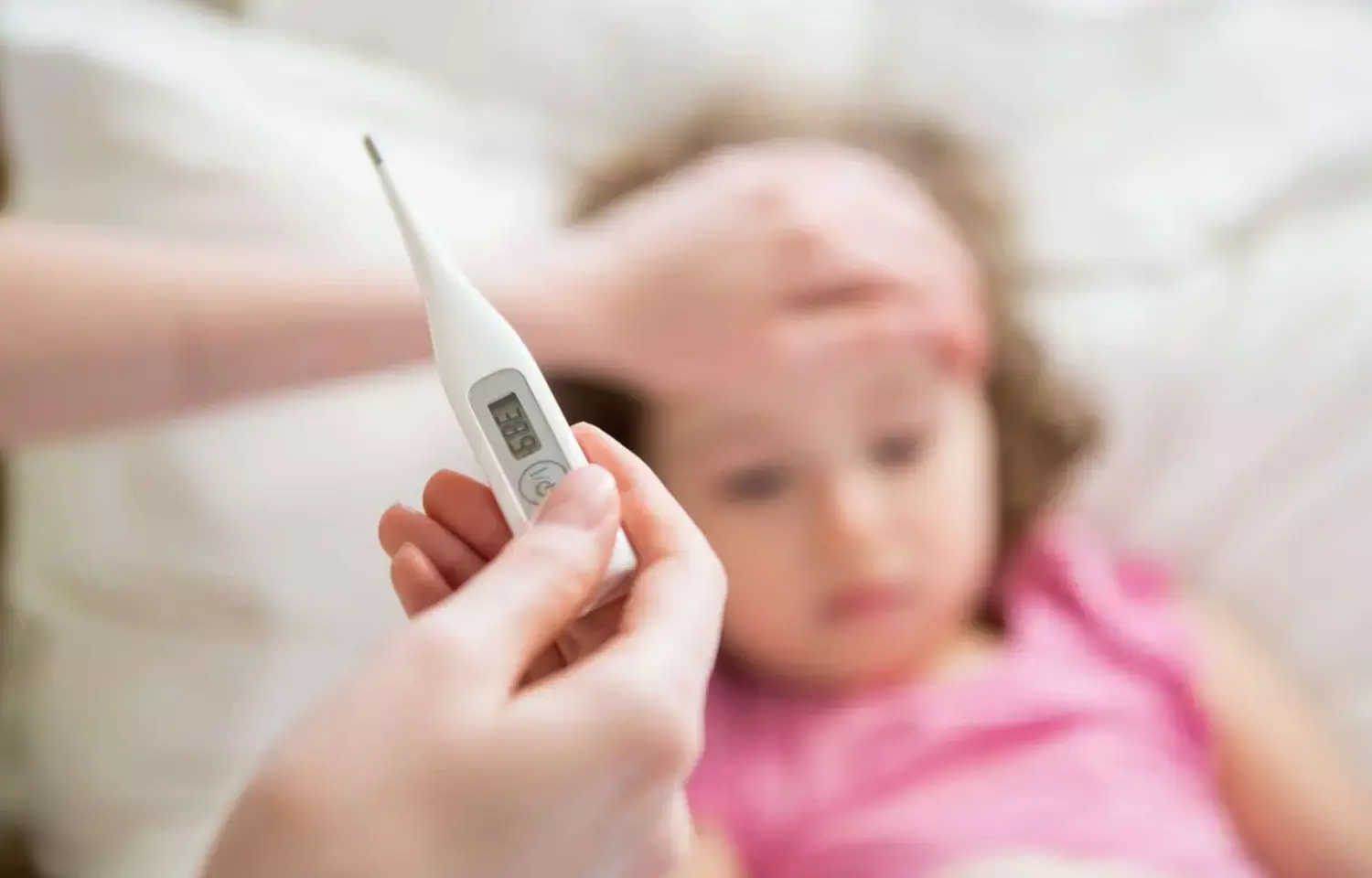- Home
- Medical news & Guidelines
- Anesthesiology
- Cardiology and CTVS
- Critical Care
- Dentistry
- Dermatology
- Diabetes and Endocrinology
- ENT
- Gastroenterology
- Medicine
- Nephrology
- Neurology
- Obstretics-Gynaecology
- Oncology
- Ophthalmology
- Orthopaedics
- Pediatrics-Neonatology
- Psychiatry
- Pulmonology
- Radiology
- Surgery
- Urology
- Laboratory Medicine
- Diet
- Nursing
- Paramedical
- Physiotherapy
- Health news
- Fact Check
- Bone Health Fact Check
- Brain Health Fact Check
- Cancer Related Fact Check
- Child Care Fact Check
- Dental and oral health fact check
- Diabetes and metabolic health fact check
- Diet and Nutrition Fact Check
- Eye and ENT Care Fact Check
- Fitness fact check
- Gut health fact check
- Heart health fact check
- Kidney health fact check
- Medical education fact check
- Men's health fact check
- Respiratory fact check
- Skin and hair care fact check
- Vaccine and Immunization fact check
- Women's health fact check
- AYUSH
- State News
- Andaman and Nicobar Islands
- Andhra Pradesh
- Arunachal Pradesh
- Assam
- Bihar
- Chandigarh
- Chattisgarh
- Dadra and Nagar Haveli
- Daman and Diu
- Delhi
- Goa
- Gujarat
- Haryana
- Himachal Pradesh
- Jammu & Kashmir
- Jharkhand
- Karnataka
- Kerala
- Ladakh
- Lakshadweep
- Madhya Pradesh
- Maharashtra
- Manipur
- Meghalaya
- Mizoram
- Nagaland
- Odisha
- Puducherry
- Punjab
- Rajasthan
- Sikkim
- Tamil Nadu
- Telangana
- Tripura
- Uttar Pradesh
- Uttrakhand
- West Bengal
- Medical Education
- Industry
Acetaminophen better than ibuprofen for controlling fever among children: Study

Taiwan: As an antipyretic, ibuprofen and acetaminophen are both effective in children with fever, but acetaminophen is safer than ibuprofen, states study results published in the Archives of Medical Science.
Fever also referred to as pyrexia, is a crucial immune response of the body to invading pathogens. It is a common symptom in various pediatric diseases, particularly infectious diseases. Antipyretic medications are used to ease a child's discomfort caused by fever and to prevent dehydration. Acetaminophen and ibuprofen are the most commonly recommended antipyretic drugs. Ibuprofen is conventionally considered more effective than acetaminophen in the treatment of fever because it has a longer duration of action (6–8 vs. 4 h). However, acetaminophen demonstrates a low risk of adverse events.
When a child presents with a fever during the clinical encounter, parents are usually concerned about alleviating the fever. However, the indications for selecting an appropriate drug from the most commonly used antipyretic drugs acetaminophen and ibuprofen remain unclear. Updated evidence including all relevant RCTs is required to improve the confidence and understanding in using them.
Ning Kuo, Taipei Medical University Hospital, Taiwan and the research team conducted a systematic review with meta-analysis of RCTs to evaluate the efficacy and safety of acetaminophen and ibuprofen in febrile children.
Researchers searched Cochrane, Embase, and PubMed databases for the relevant RCTs. They extracted information on trial design, demography, rate of fever resolution, body temperature, and overall adverse event. Data were pooled mainly using a random-effects model. Peto odds ratios (PORs) were used for outcomes of fever resolution and adverse events. Researchers found in total, 26 RCTs (n=4137) that fulfilled eligibility criteria.
Key findings of the analysis:
• Acetaminophen led to significantly lower fever resolution rates than ibuprofen did, in the subgroup of trials with a mean age of <2 years.
• The treatment–time interaction model for body temperature demonstrated that the fever resolution effect was mainly from the time factor based on the available data.
• Acetaminophen demonstrated lower adverse event rates than ibuprofen.
The authors conclude that the present analysis provides additional information on the efficiency of acetaminophen and ibuprofen monotherapy in febrile children, indicating that ibuprofen may not be superior to acetaminophen even in children with a mean age of approximately 5 years. Moreover, acetaminophen monotherapy may be safer than ibuprofen monotherapy, particularly in children about 5 years old.
Considering the efficacy and risk of adverse events comprehensively, acetaminophen monotherapy might be a better choice for antipyretic purposes in children as compared with ibuprofen monotherapy, the authors wrote.
Reference:
Kuo N, Su N, Hou S, Kang Y. Effects of acetaminophen and ibuprofen monotherapy in febrile children: a meta-analysis of randomized controlled trials. Archives of Medical Science. 2022;18(4):965-981. doi:10.5114/aoms/140875.
BDS
Dr. Hiral patel (BDS) has completed BDS from Gujarat University, Baroda. She has worked in private dental steup for 8years and is currently a consulting general dentist in mumbai. She has recently completed her advanced PG diploma in clinical research and pharmacovigilance. She is passionate about writing and loves to read, analyses and write informative medical content for readers. She can be contacted at editorial@medicaldialogues.in.
Dr Kamal Kant Kohli-MBBS, DTCD- a chest specialist with more than 30 years of practice and a flair for writing clinical articles, Dr Kamal Kant Kohli joined Medical Dialogues as a Chief Editor of Medical News. Besides writing articles, as an editor, he proofreads and verifies all the medical content published on Medical Dialogues including those coming from journals, studies,medical conferences,guidelines etc. Email: drkohli@medicaldialogues.in. Contact no. 011-43720751


